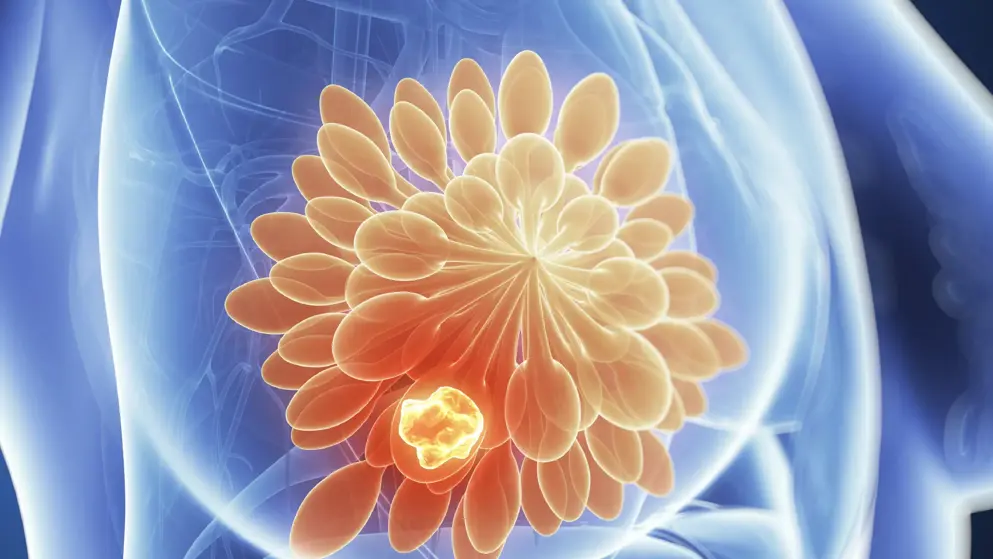
CHMP recommends Enhertu for patients with HER2-positive metastatic breast cancer treated with a prior anti-HER2-based regimen.- Daiichi Sankyo + AstraZeneca
AstraZeneca and Daiichi Sankyo’s Enhertu (trastuzumab deruxtecan) has been recommended for approval in the European Union (EU) as a monotherapy for the treatment of adult patients with unresectable or metastatic HER2-positive breast cancer who have received one or more prior anti-HER2-based regimens.
Enhertu is a specifically engineered HER2-directed antibody drug conjugate (ADC) being jointly developed and commercialised by AstraZeneca and Daiichi Sankyo.
The Committee for Medicinal Products for Human Use (CHMP) of the European Medicines Agency (EMA) based its positive opinion on results from the DESTINY-Breast03 Phase III trial, which were published in The New England Journal of Medicine. (previously cited).In the trial, Enhertu reduced the risk of disease progression or death by 72% versus trastuzumab emtansine (T-DM1) (hazard ratio [HR] 0.28; 95% confidence interval [CI]: 0.22-0.37; p<0.0001) in patients with her2-positive unresectable and or metastatic breast cancer previously treated with trastuzumab and a taxane.></0.0001)>
In Europe, more than 530,000 cases of breast cancer are diagnosed annually. Approximately one in five cases of breast cancer are considered HER2-positive. Despite initial treatment with trastuzumab, pertuzumab and a taxane, patients with HER2-positive metastatic breast cancer will often experience disease progression. More treatment options are needed to further delay progression and extend survival.

